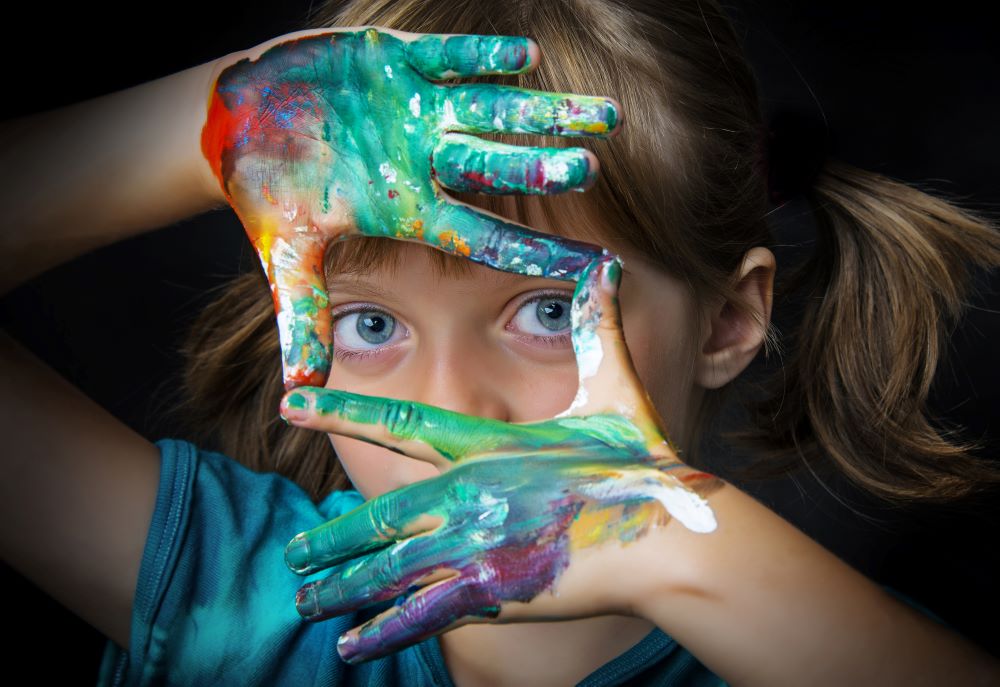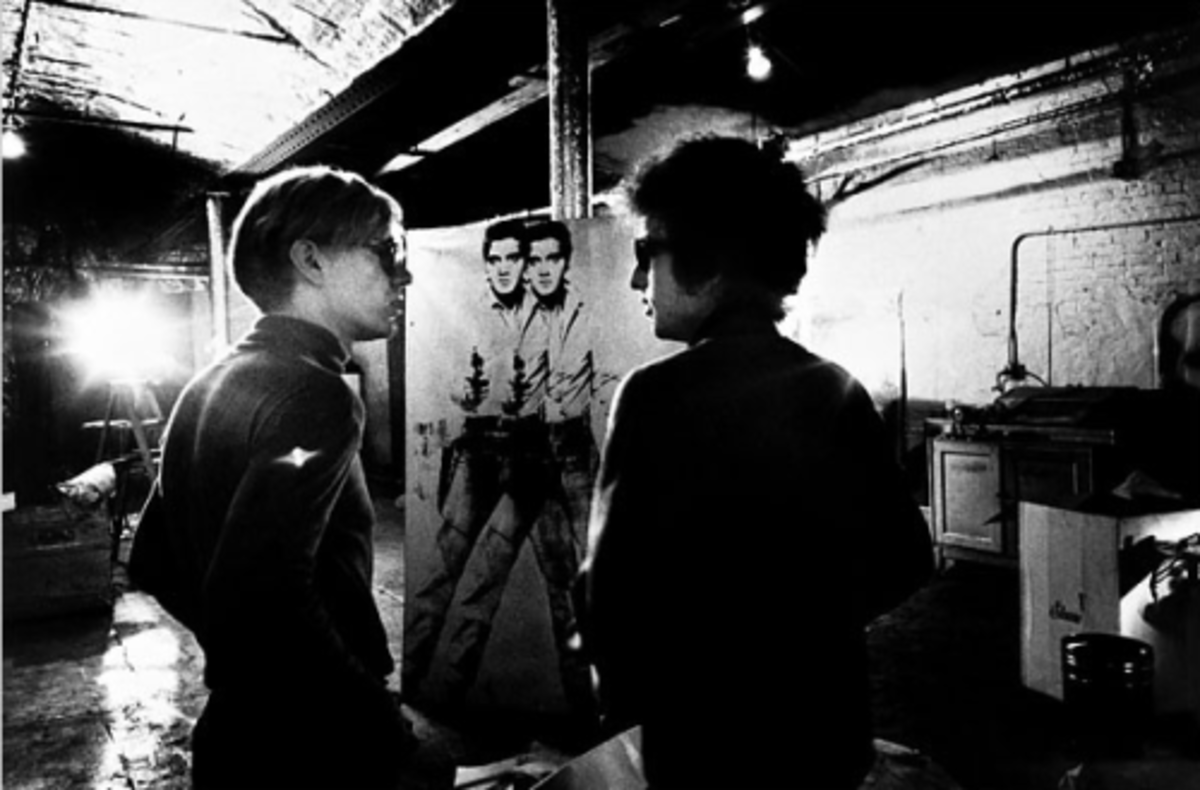By Maria Koulourioti,
I don’t usually commence my articles with personal statements, however, an interesting subject came to my attention the other day, not at a philosophical debate or conference, but in a conversation at the hair salon. And so, while getting my hair done, as one usually does at a hair salon, I was part of a discussion about the store’s staff. The head director of the salon recently hired a young apprentice with much potential and endless creativity to upgrade the shop. However, a spark of rivalry emerged between the young apprentice and an older worker, which resulted in a fire of silent disputes, and concluded that the older workers resigned, as a sign of defeat to their rival’s charisma and rising status. That being said, a close friend of the owner made a brilliant remark about this little everyday story:
“ Ιt was supposed to happen this way. In your two hands, you had an artist and a worker. And don’t get me wrong, without workers there would not be a world for artists to live in. Nevertheless, in your case, an artist is what you need, cause they are hard to find. Your apprentice is an artist in a world of workers. Every person with a business building a legacy, not wealth, would rather invest in artists. Your employee could forsee that would be the case for you, and rejected you in fear of you rejecting them”.
The sentence “ Your apprentice is an artist in a world of workers” in particular, struck me. At first glance, we might feel unfair for the employee labeled “worker”, since most job applications do not say to think outside the box but to obey orders, reach deadlines, and complete more tasks. Maybe then, train other people to do the same. Is this statement relative today? And should we blame the workers for being workers, while school and minimum wage kill every ounce of creativity, or believe in the hidden gems, that no matter what difficulty will strive to make their art reality, or reality their art?

To be by theory, Reckwitz (2017, p. 2), has stated that “creativity is not just a semantic phenomenon” from the perspective of a sociologist, but “rather, a crucial organizing principle of Western societies over the last thirty or so years,” A “two-pronged advance of the creative urge and the creative imperative has been overstepping the boundaries of career, work, and organization to seep deeper and deeper into the cultural logic” of our times since the 1970s. Contrarily, it is claimed by opponents of this trend that “everyday life” is so “saturated with a creativity rhetoric” that it has started to deter people from working “creatively” (Mould, 2018, p. 15). Nevertheless, it is challenging – and mostly fruitless – to attack or oppose “creativity,” notwithstanding Mould’s provocatively worded essay.
Moreover, the economy has changed to one of “aesthetic capitalism,” which places more value on originality in the creative process (Reckwitz, 2017, p. 2). Similarly, companies “expect more from employees than was normally asked in factories of the industrial period” and want to tap into their “creativity and their relational and emotive skills. While Fordism required its core employees to adhere to work discipline for the rest of their lives, post-Fordism also expects a great deal of its workforce in terms of flexibility, adaptation, and constant reinvention.
To establish one of many conclusions, workers could be artists wiped out of their creativity, to make ends meet, to survive in a world where to be creative means to be free, and freedom is something that “wage slaves with Stockholm syndrome” are not able to afford. And when they finally can, it’s too late, time’s up. On the other hand, and about my friend’s story at the beginning, a real artist cannot be anything else than an artist. Even when living poor and frameless like a starving Van Gogh, an artist can sell their art for little, but never themselves for anything else. And that is the part everyone admires about them. They do not fit in; They are not always accepted for who they are, and society, schools, and corporations try to mold them and make them more marketable, so they can be re-selled in the name of supply and demand. My conclusion fits simply in the statement: Employers, don’t hire artists in any vocation to get the job done. Hire artists if you aspire to accomplish the extraordinary. Nonetheless, making history is certainly not for everyone.
References
- Reckwitz A. (2017). The invention of creativity. Polity.
- Mould O. (2018). Against creativity. Verso.
-
Garrett. (2020). Getting ‘creative’ under capitalism: An analysis of creativity as a dominant keyword. Available here




